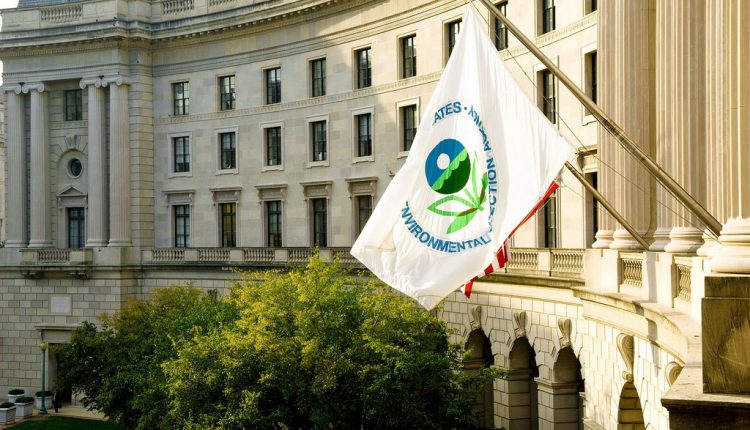
Roundtable Recap – Advocacy Discusses EPA’s Proposed Lead and Copper Rule Improvements
by Nick Goldstein, Assistant Chief Counsel
On Tuesday, January 9, 2024, the Office of Advocacy held a roundtable to discuss the U.S. Environmental Protection Agency’s (EPA) proposed improvements to the lead and copper rule. The proposed rule sets standards for lead and copper levels in public drinking water system pipes. Nearly 60 attendees representing small businesses, governments, and associations attended.
Hanna Holsinger, Branch Supervisor of Regulatory Assessment and Development for the EPA’s Office of Ground and Drinking Water gave an overview of the proposed improvements. Steve Via, Director of Federal Relations for the American Water Works Association followed with an overview of the proposal’s impact on small water systems.
Attendees discussed a variety of issues with the presenters, including small entity cost and compliance concerns. The issue of federal funding to assist in replacing lead pipes was also discussed. EPA pointed to funds in the Bipartisan Infrastructure Law as a source of revenue to help communities comply with the new requirements, but some attendees did not think the Bipartisan Infrastructure Law funds would be sufficient to cover the rule’s costs.
EPA’s proposal requires water systems to replace lead service lines within 10 years, remove the lead trigger level, reduce the lead action level to 0.010 mg/L, and strengthen tap sampling procedures. The proposed rule also addresses the following areas: corrosion control treatment, public education and consumer awareness, requirements for small systems, and sampling in schools and child-care facilities. Additionally, EPA aims to address the potential disproportionate impacts of lead in drinking water in communities through proposed lead service line replacement and public education.
EPA is accepting comments on the proposed rule until February 5, 2024. For further information, please contact Assistant Chief Counsel Nick Goldstein at nick.goldstein@sba.gov.
